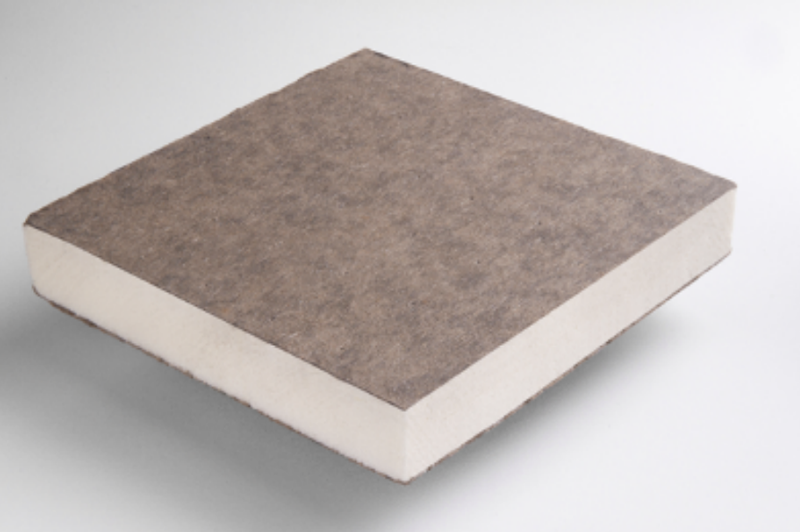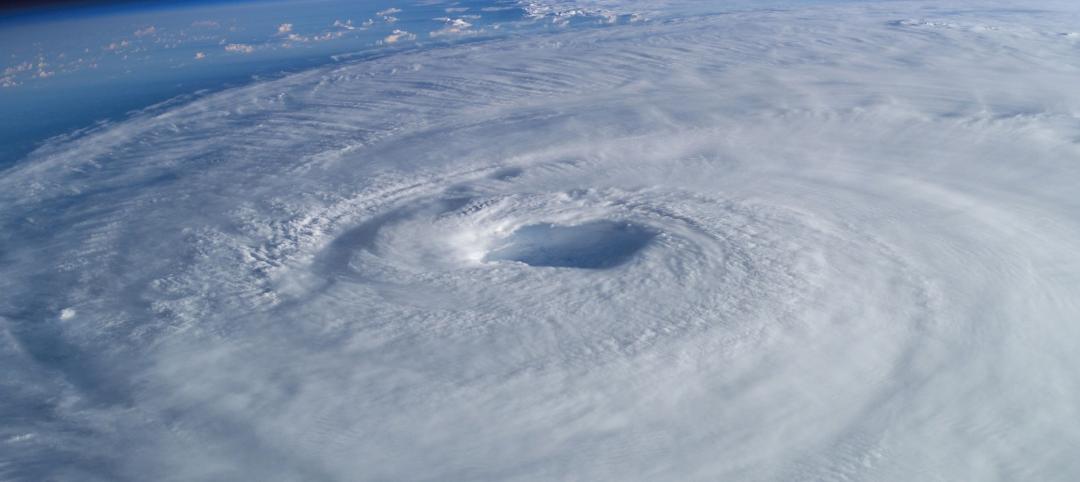The Polyisocyanurate Insulation Manufacturers Association (PIMA) has published updated Environmental Product Declarations (EPDs) for Polyiso Roof and Wall Insulation and the first EPD for Polyiso High-Density Cover Boards.
The third-party verified, ISO-compliant EPDs for polyiso products provide environmental impact information for products manufactured by PIMA members across the U.S. and Canada. The EPDs report impacts from the full product life cycle over a 75-year building service as specified in the Product Category Rule (PCR) for thermal insulation.
This life-cycle analysis includes environmental impacts resulting from the supply and transport of raw materials as well as the manufacture, transport, installation, replacement, and end-of-life disposal of polyiso products. Also included in the declarations is information regarding the energy savings benefit from using polyiso roof products on new and existing buildings.
This information describes how environmental impacts from the manufacturing phase of polyiso products may be recovered during their use phase through energy savings resulting from improved building energy efficiency.
Related Stories
Sustainability | May 1, 2023
Increased focus on sustainability is good for business and attracting employees
A recent study, 2023 State of Design & Make by software developer Autodesk, contains some interesting takeaways for the design and construction industry. Respondents to a survey of industry leaders from the architecture, engineering, construction, product design, manufacturing, and entertainment spheres strongly support the idea that improving their organization’s sustainability practices is good for business.
Office Buildings | May 1, 2023
Office building owners face potential legal liabilities when adding new workplace amenities
Many landlords in the war for tenants have turned to offering new amenities such as conference room services, fitness centers with nutritionists, and high-end food and beverage offerings. To provide new services, landlords often engage with third-party vendors, which can present thorny legal liability.
Codes and Standards | May 1, 2023
Hurricane Ian aftermath expected to prompt building code reform in Florida
Hurricane Ian struck the Southwest Florida coastline last fall with winds exceeding 150 mph, flooding cities, and devastating structures across the state. A construction risk management expert believes the projected economic damage, as high as $75 billion, will prompt the state to beef up building codes and reform land use rules.
Codes and Standards | Apr 21, 2023
Federal court overturns first natural gas ban in the U.S.
A recent ruling by the Ninth U.S. Circuit Court of Appeals in San Francisco invalidating Berkeley, California’s ban on natural gas within new building construction puts similar measures adopted around the country in legal jeopardy.
Codes and Standards | Apr 21, 2023
Sixteen-year-old climate law not having intended impact on decarbonizing federal buildings
Sixteen years out from a 2007 law that aimed to end the use of fossil fuels in federal buildings, gas heat is still being installed within the federal sphere.
Green | Apr 21, 2023
Boston to adopt stringent climate-friendly building code
Boston will soon adopt a new stringent green state building code that aims to significantly reduce carbon emissions in new construction and major renovations.
Multifamily Housing | Apr 21, 2023
Arlington County, Va., eliminates single-family-only zoning
Arlington County, a Washington, D.C., community that took shape in the 1950s, when single-family homes were the rule in suburbia, recently became one of the first locations on the East Coast to eliminate single-family-only zoning.
Contractors | Apr 18, 2023
New York City construction fatalities, injuries rise in 2022 as activity booms
New York City’s construction fatalities rose from nine in 2021 to eleven in 2022, according to a report by the New York City Department of Buildings. Recorded injuries also rose to 554 last year after leveling off in 2020 and 2021.
Resiliency | Apr 18, 2023
AI-simulated hurricanes could aid in designing more resilient buildings
Researchers at the National Institute of Standards and Technology (NIST) have devised a new method of digitally simulating hurricanes in an effort to create more resilient buildings. A recent study asserts that the simulations can accurately represent the trajectory and wind speeds of a collection of actual storms.
Green | Apr 18, 2023
USGBC and IWBI unveil streamlined certification pathway for LEED and WELL green building programs
The U.S. Green Building Council, Green Business Certification Inc., and the International WELL Building Institute released a streamlined process for projects pursuing certifications for the LEED green building rating system and the WELL Building Standard. The new protocol simplifies documentation for projects that are pursuing both certifications at the same time or that have already earned one certification and are looking to add the other.

















